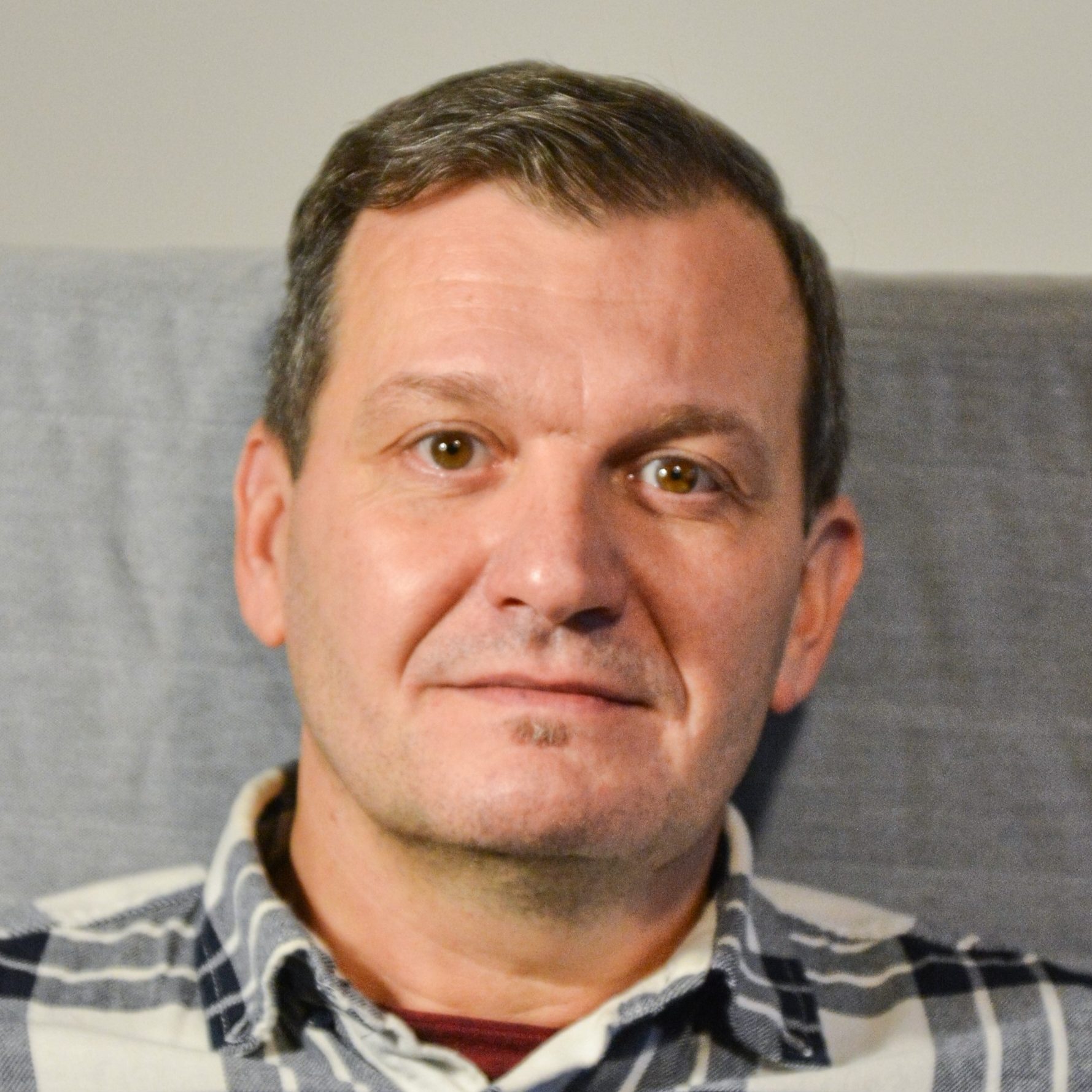
Affiliation:
Ministry of Interior of the Czech Republic Charles University Standing Committee on Crisis, Disaster and Trauma Psychology EFPA
Short bio:
Stepan Vymetal is an expert at the Ministry of Interior of the Czech Republic.His specialisation is crisis, disaster, trauma and resilience psychology. He also works as an expert witness in the field of forensics. He is responsible for applying psychology in crisis management, crisis communication, strategic management incl. implementation of psychosocial support systems during and after mass emergencies, as well as for international cooperation. He is a member of a Posttraumatic Intervention Team of the Czech Police and Disaster Victim Identification Team of the Czech Republic. He teaches Crisis and Disaster Psychology at Charles University in Prague. He participates in Czech and EU projects and he has authored and co-authored many articles and books. He represents the Czech Republic in the Standing Committee on Crisis, Disaster and Trauma Psychology of the European Federation of Psychologists´ Associations.
Title:
Crisis, Disaster, Trauma and Resilience Psychology – development and best practice in the Czech Republic. Lessons learned from the mass shooting at Charles University.
Abstract:
The lecture will focus on experience in developing psychosocial crisis support systems in the Czech Republic, particularly in relation to large-scale disasters, and on good practice in this country. It will also include experience and new challenges in response to a time of multiple crises and the resulting impact and related uncertainties. This is a period defined by the Covid-19 pandemic, the war in Ukraine, and the refugee, economic and energy crises.
The presentation will also reflect the Czech experience with psychosocial support (PSS) after the mass shooting in the centre of Prague on 21 December 2023. An active shooter carried out an attack in the main building of the Faculty of Arts at Charles University. According to a qualified estimate, around 830,000 individuals may have been psychosocially moderately to severely affected by this incident. An estimated 49,000 individuals were affected extremely, severely or very highly. The large number of exposed individuals indicates the need for programmes tailored to fostering coping and resilience for individual groups of affected individuals, especially community-based programmes focusing on mutual help and created with the active participation of their future users.
The acute phase of PSS lasted 4 weeks, the help was coordinated by the police psychological service and around 20 other organisations were involved. The main tasks included: calm, security, support, cohesion and structure. It was the phase of reaction and stabilization after the incident. The mid-term phase lasted another 3 months. The university took over the coordination of psychosocial support. The main tasks included: PSS system start-up, support and cohesion. It was the phase of disaster mitigation and adaptation. The university also coordinates PSS in the long-term phase. The main tasks include: support, recovery and development. The goal is to support post-traumatic growth and crisis preparedness. It is the phase of disaster integration and building the resilience.
It was important to design comprehensive system for mitigating the consequences, strengthening resilience and post-traumatic development – of individuals, families, communities and the whole society. The goal is a systemic response to the event and the preparation of a strategy for a long-term solution. This strategy includes the concept of University Resilience Center.
